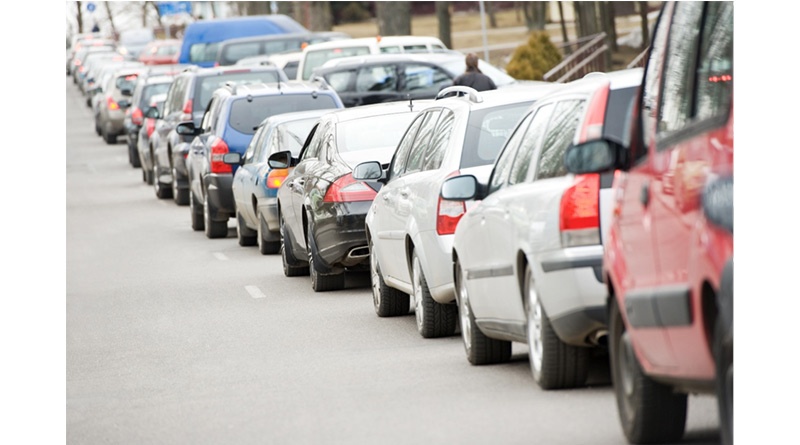One Fifth of Leisure and Hospitality Workers Do Not Intend to Commute Again Post Pandemic

As employees across the UK are to set to embark on their return to the workplace following the easing of COVID-19 restrictions in July, new research reveals that many commuters are reluctant to return to their place of work in the coming months, mainly due to increased concern over infection control and social distancing on the daily commute.
According to a nationally-representative survey into 2,000 UK workers, conducted by corporate transport company Kura, nearly one fifth (19.1%) of workers in the leisure and hospitality industry plan to never commute again post pandemic, with regional variations from 10.8% in London to 29.1% in Wales.
The reluctance to return to the workplace stems largely from the travel to and from work, with nearly 60% of workers across the UK admitting that they hold real concerns around the commute post lockdown. This is particularly prevalent for the senior workforce, with Board-level (98%), Directors (85%) and Managers (77%) holding the biggest concerns over the future of the commute.
Kura’s research uncovered that the key root to commuters’ concerns post lockdown is infection control and lack of social distancing on public transport. Across the UK, 36% of workers hold Covid-related concerns with regard to the future of the commute, and this percentage increases to 54.4% for those employees commuting in and around London.
There is a strong cry for help with commuting from employees, particularly Graduates (70%) and Junior Executives (73%). Despite this, the commute is not a priority for the vast majority of businesses across the UK, with just 16.4% of companies expressing desire to monitor or support employees on their commute going forward.
Godfrey Ryan, CEO of Kura, comments: “As Covid-19 restrictions lift and employees are requested to return to the workplace, there will undoubtedly be more thought and consideration given to the regular commute. With increased awareness around factors such as infection control and social distancing, we will inevitably see a shift in the commuting landscape.
“For public transport commuters in particular, the perceived lack of infection control, unreliability of service and overcrowding is hampering employers hopes of an office-based or hybrid workforce post lockdown. As these fears continue to prevent workers from wanting to return to the workplace, it is time for employers to step up and offer alternative travel support to their employees where necessary.
“It is reassuring to see that the home to work journey is becoming an increasingly important consideration for businesses across London, with 30% expressing a desire to support their employees on the commute. Hopefully we will start to see other regions across the UK follow suit in the coming months, as the capital sets the precedent.”
